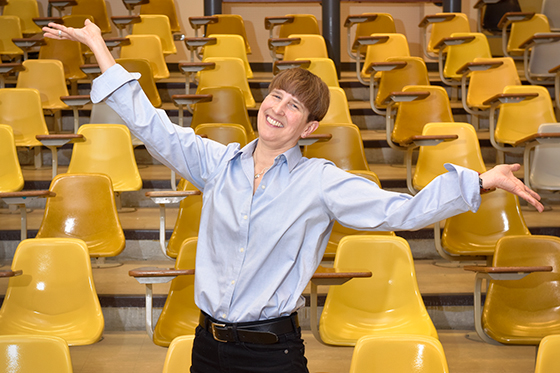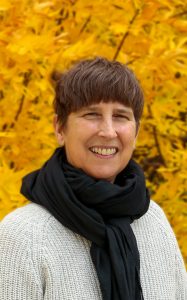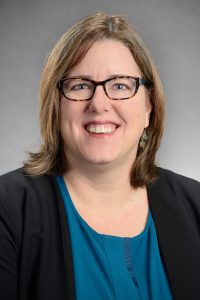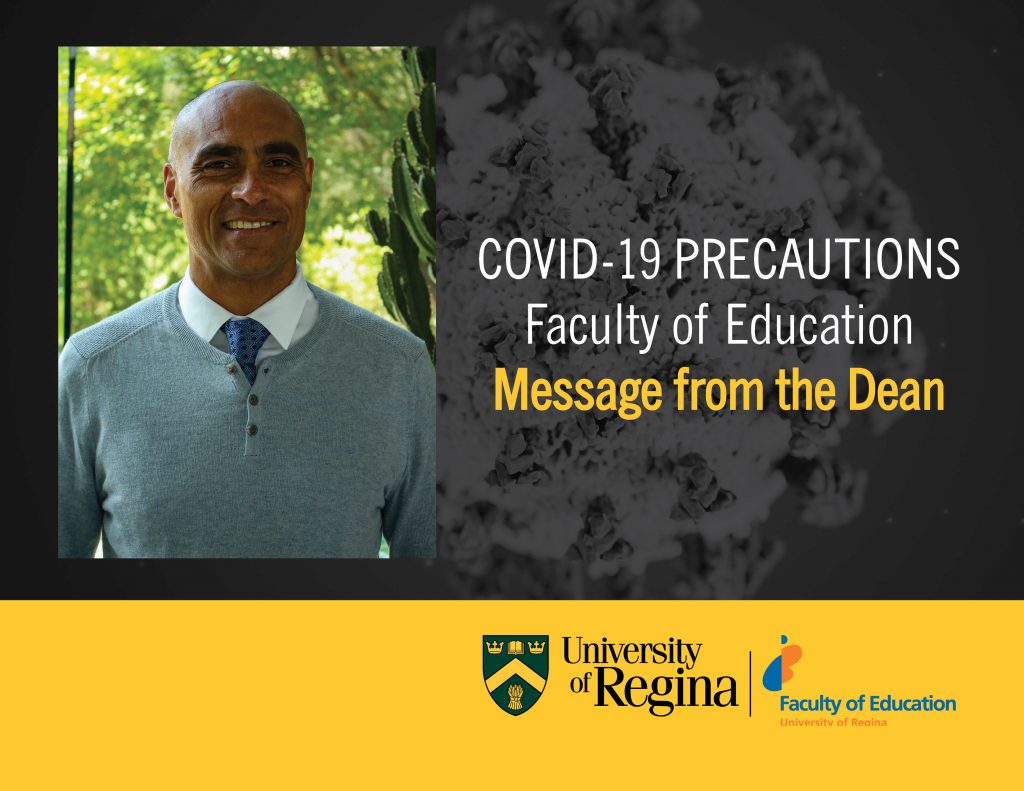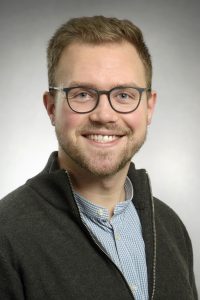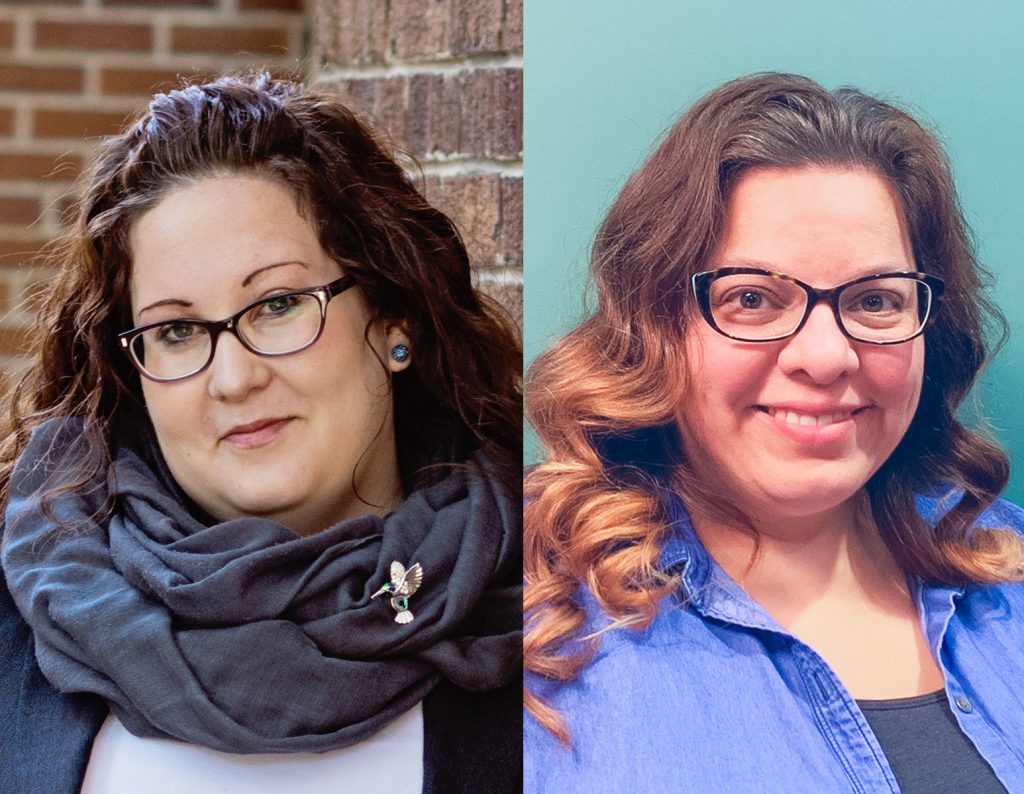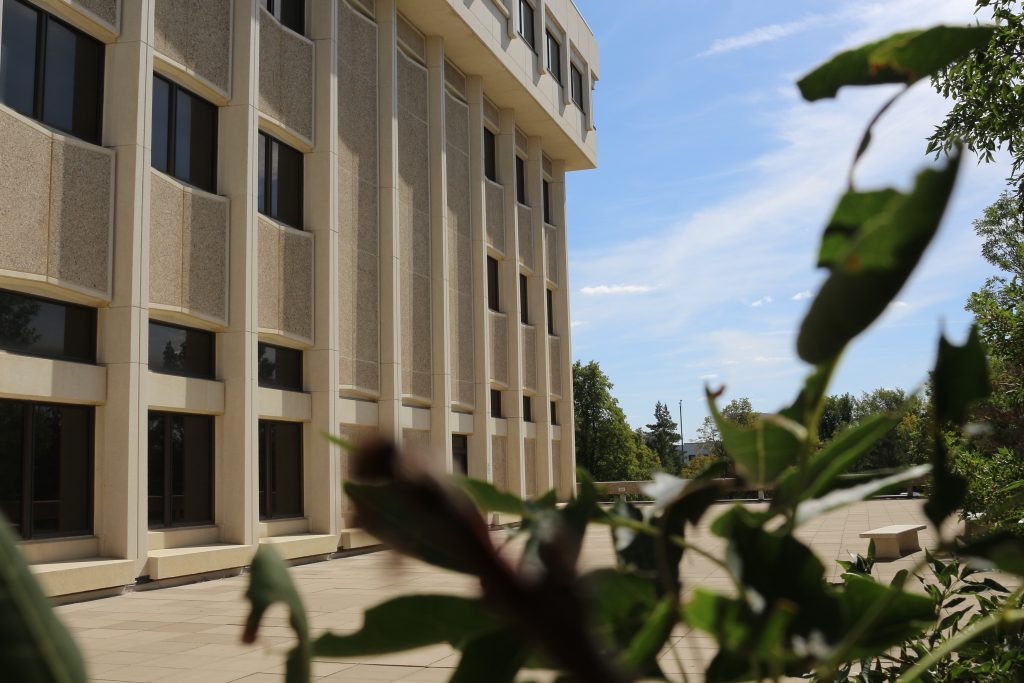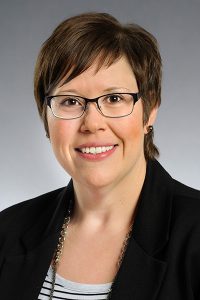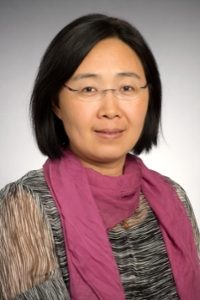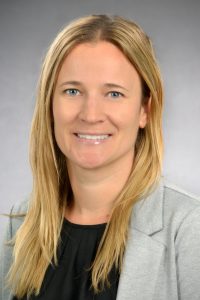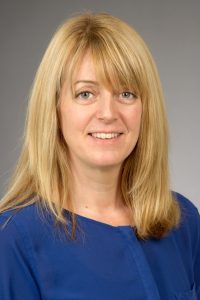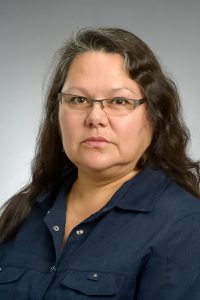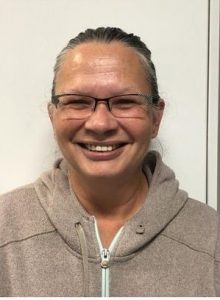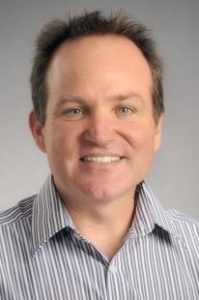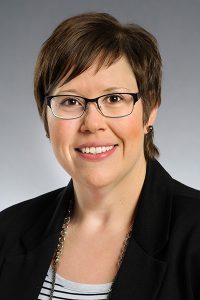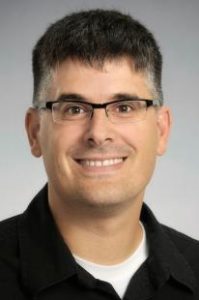Quebec City ACDE Statement of Commitment
October 23, 2019
Recognizing that every Faculty, College, School and Department of Education and the Universities exist within the lands of Indigenous peoples:
We, the Deans of Education from all regions of Canada, are deeply concerned about the climate emergency and environmental crisis. Local, regional, and global air and water pollution; extractive technologies; accumulation and distribution of toxic wastes; destruction and depletion of forests, soil, and water threaten the survival of the planet, the integrity of the earth and its biodiversity, the security of nations, Indigenous peoples, and future generations. These environmental changes are caused by inequitable and unsustainable production and consumption patterns that aggravate poverty in many regions of the world.
We believe that urgent actions are needed to address these fundamental problems and reverse the trends. We acknowledge the work undertaken by the world in creating the UNSDGs, with associated goals and indicators. Stabilization of human population, adoption of environmentally sound industrial and agricultural technologies, reforestation, and ecological restoration are crucial elements in creating an equitable and sustainable future in harmony with nature.
We recognize that our actions as Faculties, Colleges, Schools, and Departments of Education are complicit in this critical trajectory. We have a responsibility and opportunity to make a difference.
We recognize the power of education to transform practice. Faculties, Colleges, Schools, and Departments of Education have a major role in the education, research, policy formation, and information exchange necessary to make these goals possible. This is a social and an ethical responsibility. We must act.
We, therefore, make the following commitments:
- We commit to processes of relationship building and engagement with the local communities to which we belong, beginning with Indigenous peoples.
- We commit to act in ways that add to the equitable and sustainable future of the planet.
Within our own Faculties/Schools/Colleges/Departments and wider universities, we commit to reduce our environmental impact.
- We commit to support each other within ACDE to transform our practices in ways that add to the equitable and sustainable future of the planet; through reporting and sharing challenges and good practices.
By engaging in these actions, we recognize we are making a difference now and in the future. As we make these commitments, we are moving towards the creation of the ACDE Accord for Education for a Sustainable Future, which will be a living accord among Canada’s Deans of Education.
This Commitment has been influenced by The Talloires Declaration – La declaration Talloires (see https://en.wikipedia.org/wiki/Talloires_Declaration).
Ebauche : Déclaration d’engagement d’ACDE à Québec
Reconnaissant que chaque faculté / école / collège / département d’éducation et université existe sur le territoire des peuples autochtones:
Reconnaissant qu’il existe chaque faculté / école / collège / département de l’éducation et université sur les terres des peuples autochtones: Nous, doyens de l’éducation de toutes les régions du Canada, sommes profondément préoccupés par l’urgence climatique et la crise environnementale. La pollution de l’air et de l’eau aux niveaux local, régional et mondial; technologies extractives; accumulation et distribution de déchets toxiques; la destruction et l’épuisement des forêts, des sols et de l’eau menacent la survie de la planète, l’intégrité de la terre et sa biodiversité, la sécurité des nations, des peuples autochtones et des générations futures.
Ces changements environnementaux sont causés par des modes de production et de consommation inéquitables et non durables qui aggravent la pauvreté dans de nombreuses régions du monde.
Nous pensons que des mesures urgentes sont nécessaires pour résoudre ces problèmes fondamentaux et inverser les tendances.
Nous reconnaissons le travail entrepris par le monde pour créer les UNSDG, avec les objectifs et les indicateurs associés. La stabilisation de la population humaine, l’adoption de technologies industrielles et agricoles respectueuses de l’environnement, le reboisement et la restauration écologique sont des éléments cruciaux pour la création d’un avenir équitable et durable, en harmonie avec la nature. Nous reconnaissons que nos actions en tant que facultés / écoles d’éducation sont complices de cette trajectoire critique. Nous avons la responsabilité et la possibilité de faire la différence.
Nous reconnaissons le pouvoir de l’éducation de transformer la pratique. Les facultés et les écoles d’éducation jouent un rôle majeur dans l’éducation, la recherche, l’élaboration de politiques et l’échange d’informations nécessaires à la réalisation de ces objectifs. C’est une responsabilité sociale et éthique. Nous devons agir.
Nous prenons donc les engagements suivants:
- Nous nous engageons dans des processus d’établissement de relations et d’engagement avec les communautés locales auxquelles nous appartenons, à commencer par les peuples autochtones.
- Nous nous engageons à agir de manière à ajouter un avenir équitable et durable à la planète.
Au sein de nos facultés / écoles et universités plus larges, nous nous engageons à réduire notre impact environnemental.
- Nous nous engageons à nous soutenir mutuellement au sein d’ACDE pour transformer nos pratiques de manière à contribuer à l’avenir équitable et durable de la planète; en rendant compte et en partageant les défis et les bonnes pratiques.
En prenant part à ces actions, nous reconnaissons que nous faisons une différence, maintenant et à l’avenir. En prenant ces engagements, nous nous dirigeons vers la création de l’Accord ACDE pour l’éducation pour un avenir durable, qui sera un accord vivant entre les doyens de l’éducation du Canada.
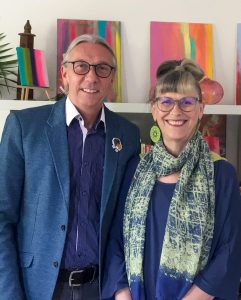
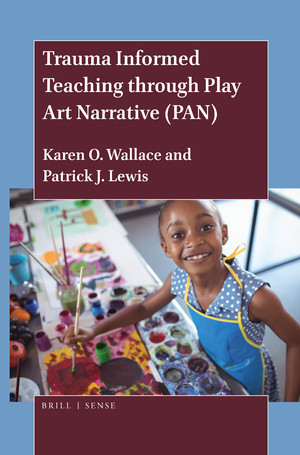 New book by Karen O. Wallace and Dr. Patrick J. Lewis, Trauma Informed Teaching through Play Art Narrative (PAN). Published by Brill.
New book by Karen O. Wallace and Dr. Patrick J. Lewis, Trauma Informed Teaching through Play Art Narrative (PAN). Published by Brill.
